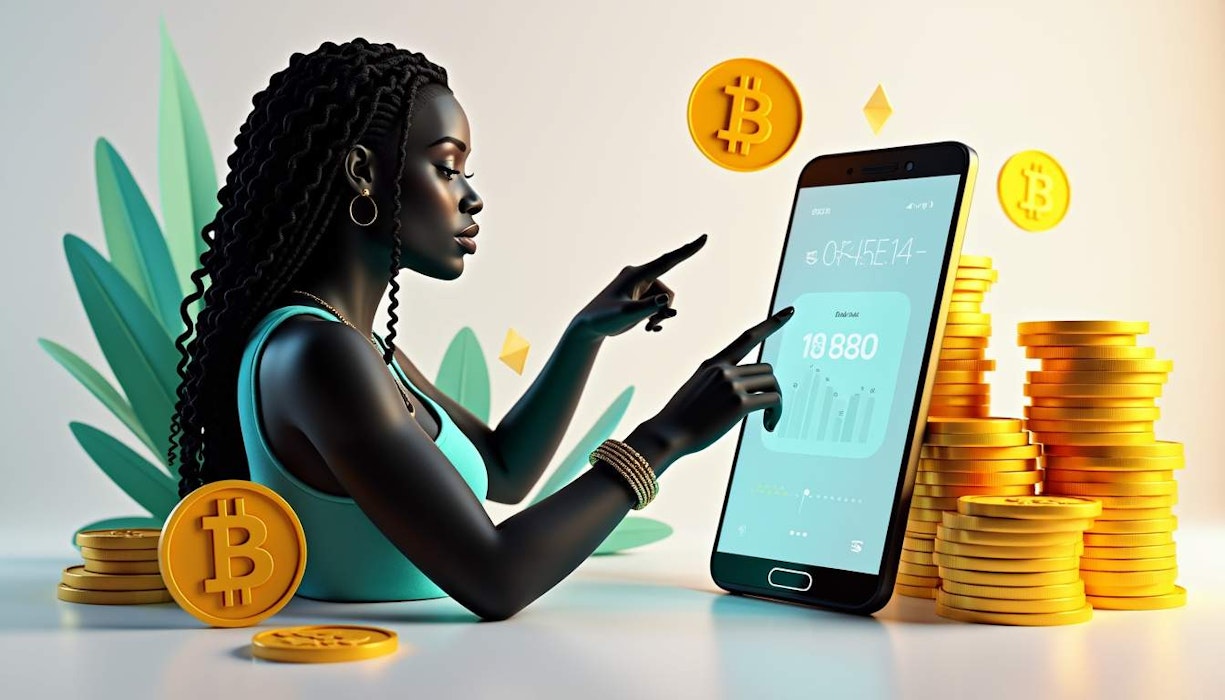Cardi B just dropped a new meme coin called $WAP, and it's got everyone talking—mostly because it might be a scam. The whole thing kicked off when she posted a pic of her new cat, which she named $WAP. Along with the cute kitty reveal, she also shared an animated video and even a wallet address. But hold up; did her account get hacked? That's what some folks are saying.
Peckshield, a blockchain security firm, seems to think so. They posted about it on X (formerly Twitter), suggesting that the promo looks like something out of a crypto hack playbook. And honestly, they might be onto something. Just look at the FTX fiasco—celeb endorsements can go south real quick.
The Good and Bad of Celebrity Crypto Endorsements
Celebrity endorsements can either make or break a crypto project. On one hand, they can lend some legitimacy; on the other hand, they can lead you straight into a pit of scams if you're not careful. A study from Boston University pointed out that these endorsements often come with risks since many celebs probably don't do their homework before promoting something.
Remember when FTX collapsed? It was like watching a house of cards fall down, and so many celebs were caught in that storm—Tom Brady, Stephen Curry—you name it! They all got dragged into the mess because they endorsed what turned out to be a Ponzi scheme. Now there's talk about better regulations to protect consumers from such pitfalls.
And it's not just FTX; take EthereumMax as another example. Floyd Mayweather and Kim Kardashian faced lawsuits for promoting that one after investors claimed it was a total scam. Celeb endorsements can inflate values artificially and leave investors holding empty bags when things go belly-up.
How to Spot Rug Pulls: Warning Signs
So how do you know if you're looking at a potential rug pull? Here are some red flags:
First off, if you can't find any info on who created the coin—run! Projects with anonymous devs are usually sketchy as hell. Also, check the whitepaper; if it's vague or poorly written (or non-existent), that's another strike.
Then there's liquidity: if most of the coins are concentrated in a few wallets, that's trouble waiting to happen when those wallets dump everything at once. And speaking of dumping—if there's no liquidity lock or only a small percentage is locked up for ages, get outta there!
Projects that limit your ability to sell? Yeah, that's probably gonna end badly too (looking at you Squid Game token). And if extensive marketing is all you've got going for you—with claims that seem too good to be true—it's likely just an elaborate setup for taking your money.
Protect Your Crypto Account Like Your Life Depends On It
Now that we've gone through some warning signs let's talk protection:
First off: use secure apps! Make sure whatever you're using isn't going to get hacked easily (looking at you MetaMask). And please verify everything! Don't just take social media posts at face value; do your homework!
Also avoid unsolicited advice like it's poison—especially anything asking for your seed phrase! Remember: nobody should ever ask for that unless they're setting up an account with YOU first!
Lastly: stay updated on regulatory actions! The U.S Commodity Futures Trading Commission recently issued warnings about AI-assisted trading tools promising unrealistic returns—and those could easily become scams themselves!
Final Thoughts
Cardi B's $WAP coin has opened up discussions about how dangerous celebrity endorsements can be in crypto—and how essential it is for us as consumers to educate ourselves before diving headfirst into these waters.
Do your research people!! Don't let hype clouds judgment!!
